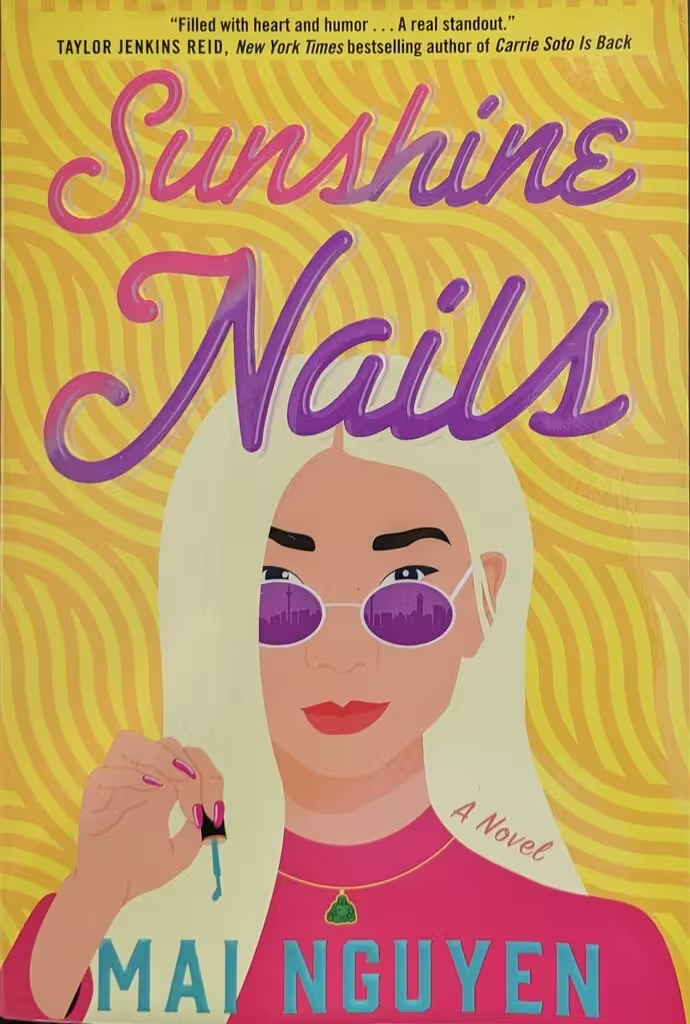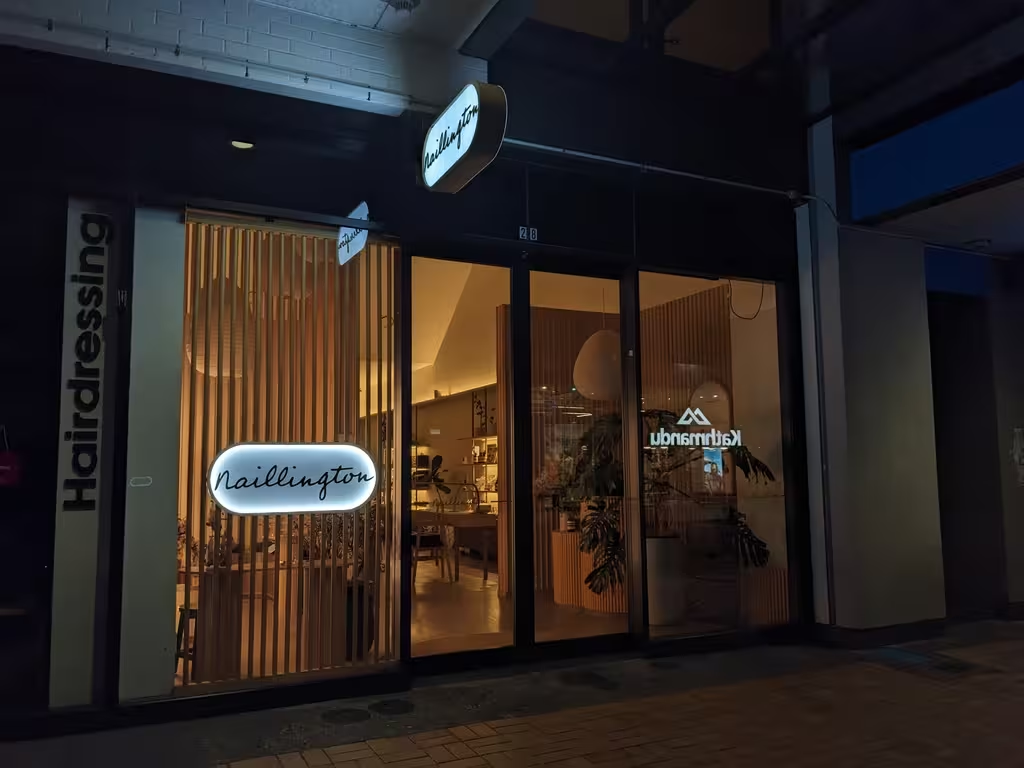Continuing with the “Vietnamese boat people” theme, I’d bought Sunshine Nails by Mai Nguyen last year, but just got around to reading it now. Again, this is going to be all about me, though I’m also going to compare Sunshine Nails with Ru by Kim Thúy.
I know about Tippi Hedren, Vietnamese people, and nail salons, though I haven’t seen the documentary Nailed It. Even in Wellington there is a new nail salon Naillington staffed by Vietnamese people. Anyway, I figured that reading this book would give me more insight into what is a key part of the overseas Vietnamese experience.
Sunshine Nails is actually a novel, with a plot developed and resolved over its 304 pages, as compared to Ru’s page-or-two-long vignettes. I found that I identified a lot less with the characters in this book as compared to Ru, though I can see definitely see resemblances between the characters and some people in my extended family. Probably also with generic millenials, though here we have a second-generation immigrant context as well.
Society
Once again, my parents weren’t boat people, so that is a difference between both of these books and my own background. But, the family in Ru moves to Granby, Quebec, while that in Sunshine Nails moves to Toronto, Ontario. This book is set in the Junction in 2016. I’ve never lived in Toronto (though in 2016 I was in Waterloo, not far away), and Ontario culture really is different from Quebec culture.
As my spouse puts it, in some ways we have less culture shock in New Zealand than in Ontario. I mean, New Zealand is definitely a different country than Canada. Quebec, look, I’ll say that it’s a different nation1 than Ontario. People are really into working in Ontario, more than in Quebec and NZ, I think. There was a scene where the daughter was invited to a party with “top 30 under 30” type kids, and that really feels like more of an Ontario thing than a Quebec thing, though it could also be that I’ve always been around people whose striving is more academic. This is also not about Ontario Old Money as mentioned by Cory Doctorow.
Characters
While the parents in Sunshine Nails are the same age as mine, they are really quite different in all the ways. My parents had only brief encounters with running shops, while Sunshine Nails is all about a nail salon owned by the parents (and competition from a new white-people-founded salon as well as gentrification). As far as I can tell, my parents have no friends, while social events with other boat people come up at important plot points in the book. My parents did not anglicize (or gallicize) their names; then again, they did not work in customer service. They did give us kids names that work in English and French, though.
I think that the people in the book come from the South, but I can’t tell for sure (and there is no movie to check against). Maybe there was a reference to Saigon. There really is not much reference to the characters’ past lives, even though they would have left Vietnam in their mid to late 20s; Ru has quite a lot about that, and about the trip to Canada, which is only mentioned in passing here.
Another way that I can’t relate with the characters in the book is that the younger kid, Dustin, writes code for a tech startup, but under exploitative conditions that are alien to me, and that I vigourously discourage my students from tolerating. The book doesn’t say where Dustin went to school, but I should hope that Waterloo students know their worth and how to avoid getting brushed off for promotions and raises.
In the context of the story, the five main characters in the book—the parents, Debbie and Phil; the kids, Jessica and Dustin; and the cousin Thuy, all evolve throughout the course of the story, which is satisfying. It’s a family that is not dissimilar from the Simpsons, though 20 years older. The family members all have their flaws, and indeed, have to clean up after each others’ messes. But they are ultimately loyal to each other and to the minor characters, which plays a role in the denouément.
I was thinking about whether it was a deus-ex-machina set of saves at the end. I don’t think it is; the groundwork had been laid a few years ago through the family’s actions, and bore fruit in the end, after many unsuccessful schemes. But as some other review said, it was perhaps a bit too neat. And yet there are still a lot of open questions about what will happen in the future; it’s not that everything is suddenly resolved. Which reminds me of a complaint I’ve heard about stories, which have a beginning, a middle, and an end. Real life doesn’t do that.
-
The whole “nation” discourse is not a thing in Aotearoa New Zealand; “iwi” can apparently translate to “nation”, but it’s not the same; the Māori King movement, which has been in the news lately with the new Queen, was an attempt to establish an equivalent to the British monarch, but it’s not the same. ↩︎

